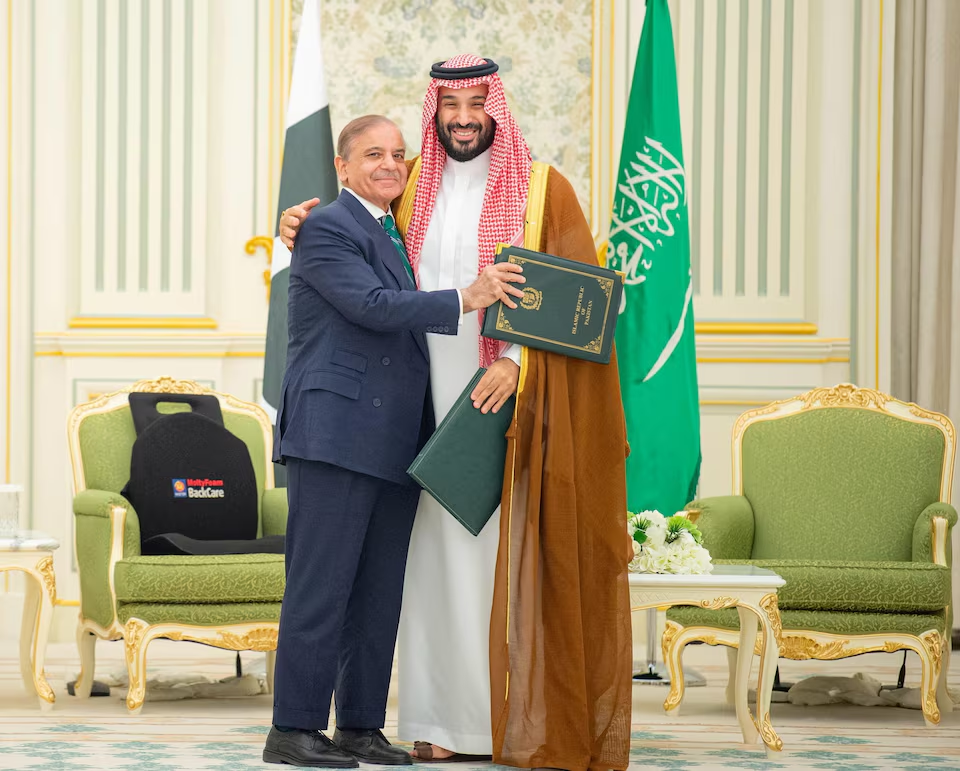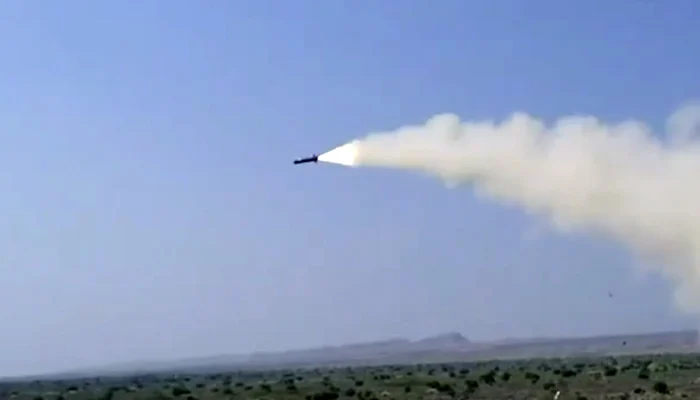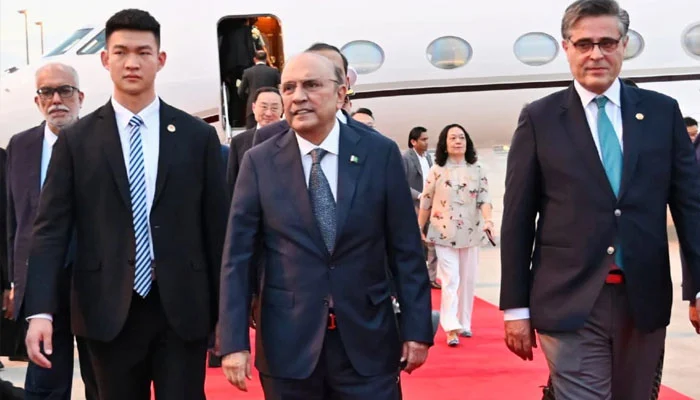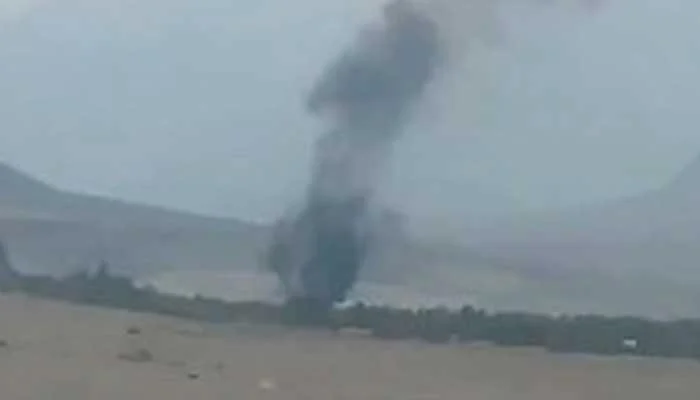In a move with far-reaching geopolitical implications, Saudi Arabia and Pakistan signed a landmark strategic mutual defense pact on September 17, 2025, pledging to treat any attack on one as an attack on both. The agreement, finalized in Riyadh, marks a dramatic deepening of ties between two long-standing allies at a time of escalating regional instability following Israel’s strike on Qatar.
A Historic Shift in Regional Security
The agreement commits Saudi Arabia and Pakistan to coordinate closely on defense and security matters, with a focus on enhancing deterrence against external threats. Saudi officials hailed it as a “historic step” toward protecting the sovereignty of both nations, while Pakistan described it as a reaffirmation of the brotherhood and shared strategic vision binding the two countries.
Although the two states have long maintained defense cooperation—including Pakistani military training missions in the Kingdom—this is the first time their relationship has been formalized in a binding mutual defense arrangement. By institutionalizing the pledge, both governments signal that they are prepared to act jointly against regional aggression, creating a new security bloc in the Middle East and South Asia.
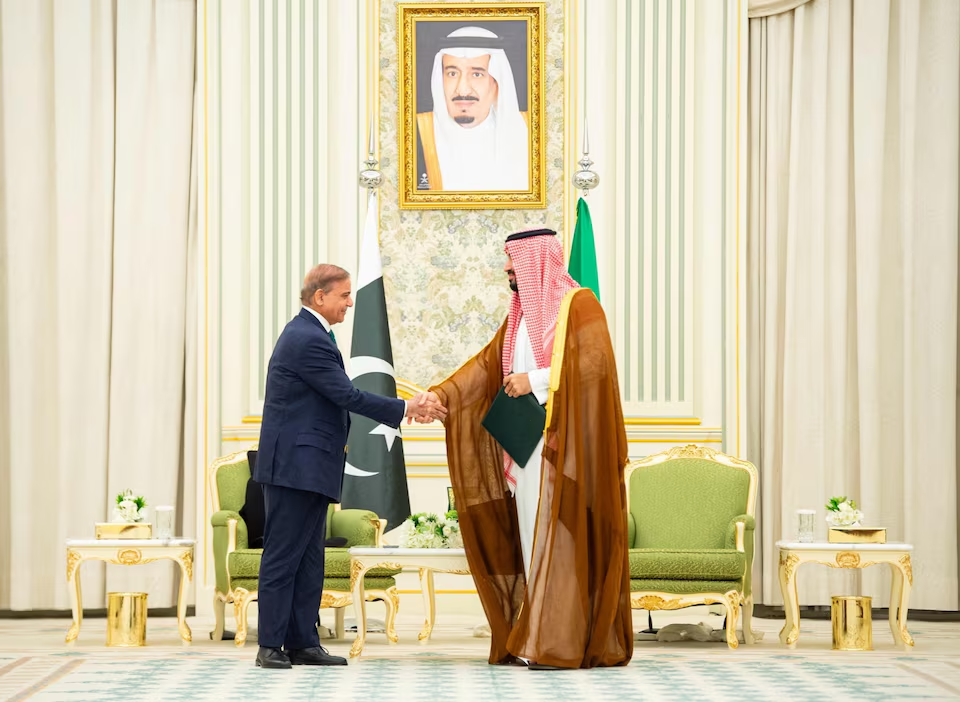
The Trigger: Rising Tensions After the Doha Strike
The timing of the pact cannot be separated from Israel’s recent airstrike in Doha, Qatar, which targeted Hamas figures but heightened fears across the Gulf of wider escalation. Qatar, a close Saudi neighbor, has been thrust into the frontline of the Israeli-Palestinian conflict, prompting Arab states to rethink their defense dependencies.
For Riyadh, the incident underscored vulnerabilities in its security architecture. While Saudi Arabia has traditionally relied on the United States for protection, recent years have seen doubts grow over Washington’s long-term commitment to Gulf security. The pact with Pakistan reflects Riyadh’s desire to diversify its defense partners and secure guarantees from a fellow Muslim-majority nation with a powerful military.
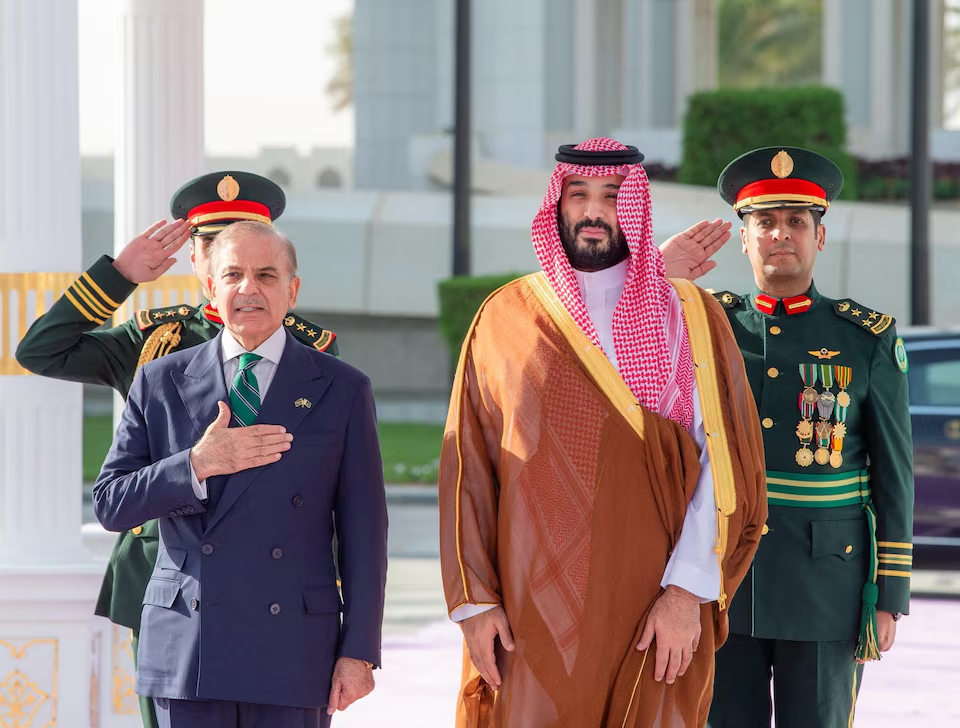
The Nuclear Dimension
The agreement carries particular weight because of Pakistan’s status as the only Muslim-majority country with nuclear weapons. Although neither side has explicitly confirmed that Islamabad’s nuclear umbrella extends to Saudi Arabia under the pact, the possibility alone is enough to shift strategic calculations across the region.
For Iran, already engaged in a complex rivalry with Saudi Arabia, the pact raises concerns about a strengthened Sunni alliance potentially backed by nuclear deterrence. For Israel, the prospect of closer Saudi-Pakistani defense ties complicates its regional military calculus. And for India, Pakistan’s commitment to Saudi security may influence Islamabad’s resource allocation and strategic focus.
Implementation and Next Steps
Details of how the pact will function operationally remain vague. Officials from both sides suggested that mechanisms for joint defense planning, intelligence sharing, and military exercises will be developed in the coming months. The agreement is also expected to pave the way for expanded defense technology transfers and greater Pakistani involvement in Saudi Arabia’s Vision 2030 defense industry projects.
Analysts note, however, that the success of the pact will depend on practical cooperation. Both countries face distinct internal and external challenges: Pakistan is contending with economic strains and political turbulence, while Saudi Arabia is balancing ambitious modernization goals with heightened regional threats. Effective coordination will require significant resources and sustained political will.
Broader Regional Implications
The Saudi-Pakistani pact marks one of the most consequential realignments in Middle Eastern security since the U.S.-brokered Abraham Accords. By anchoring its defense strategy to Islamabad, Riyadh signals a pivot toward greater reliance on Muslim-majority partners rather than exclusive dependence on Western powers.
This recalibration may embolden other regional actors to seek similar arrangements, potentially redrawing the security map of the Gulf and South Asia. It also highlights how the Israel-Palestine conflict continues to reverberate across borders, forcing governments to adapt to shifting realities.
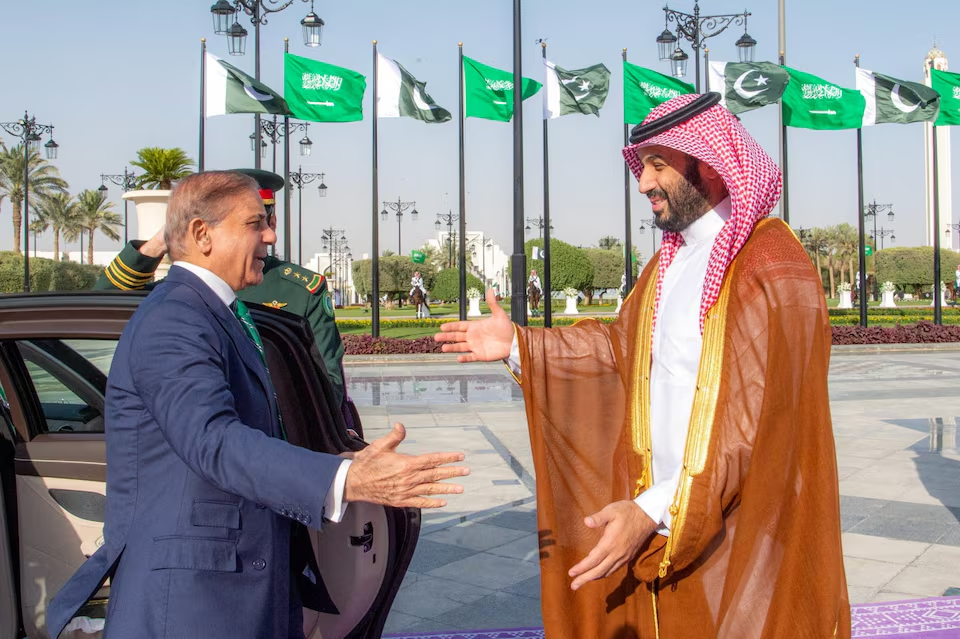
Conclusion
The mutual defense pact between Saudi Arabia and Pakistan is more than a bilateral agreement—it is a statement of intent in a region at a crossroads. By binding their security fates together, Riyadh and Islamabad are not only reinforcing their historical ties but also reshaping the balance of power in the Middle East. Whether the pact evolves into a durable and effective security framework will depend on how both nations navigate the uncertainties ahead.


